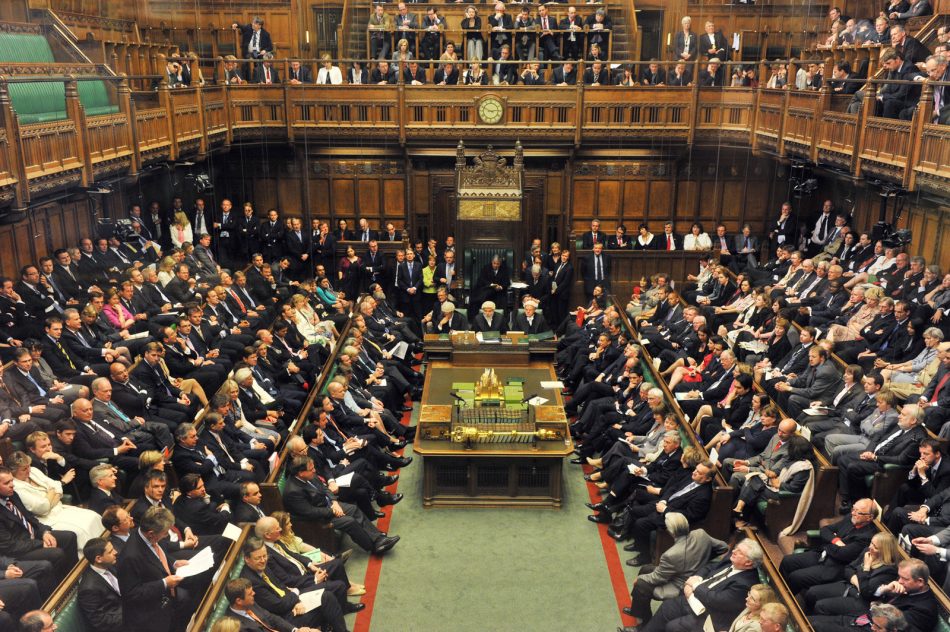Good news from the clean energy front in the UK: The Parliament’s pension fund, which takes care of the pensions for members of parliament (MP), has made record investments in renewable energy and cut its exposure to fossil fuel companies.
A new report from the £700m pension fund showed that almost a third is now being invested in low carbon and environmentally sustainable funds following calls from hundreds of MPs to align the fund with the government’s legally binding climate commitments.
There is one caveat in that the fund has stopped short of divesting entirely from fossil fuel companies and have retained multimillion-pound investments in the oil companies Royal Dutch Shell and BP. The annual report showed that the fund has decreased its investment in BP by almost two-thirds in the past year, to £4.4 million ($5.2 million), and cut its holdings in Shell by a quarter, to £8m.
Despite calls to completely divest, a correspondence seen by the Guardian confirmed that the fund may choose to remain investors in oil companies in order to have a “voice” at investor meetings and shareholder votes.










